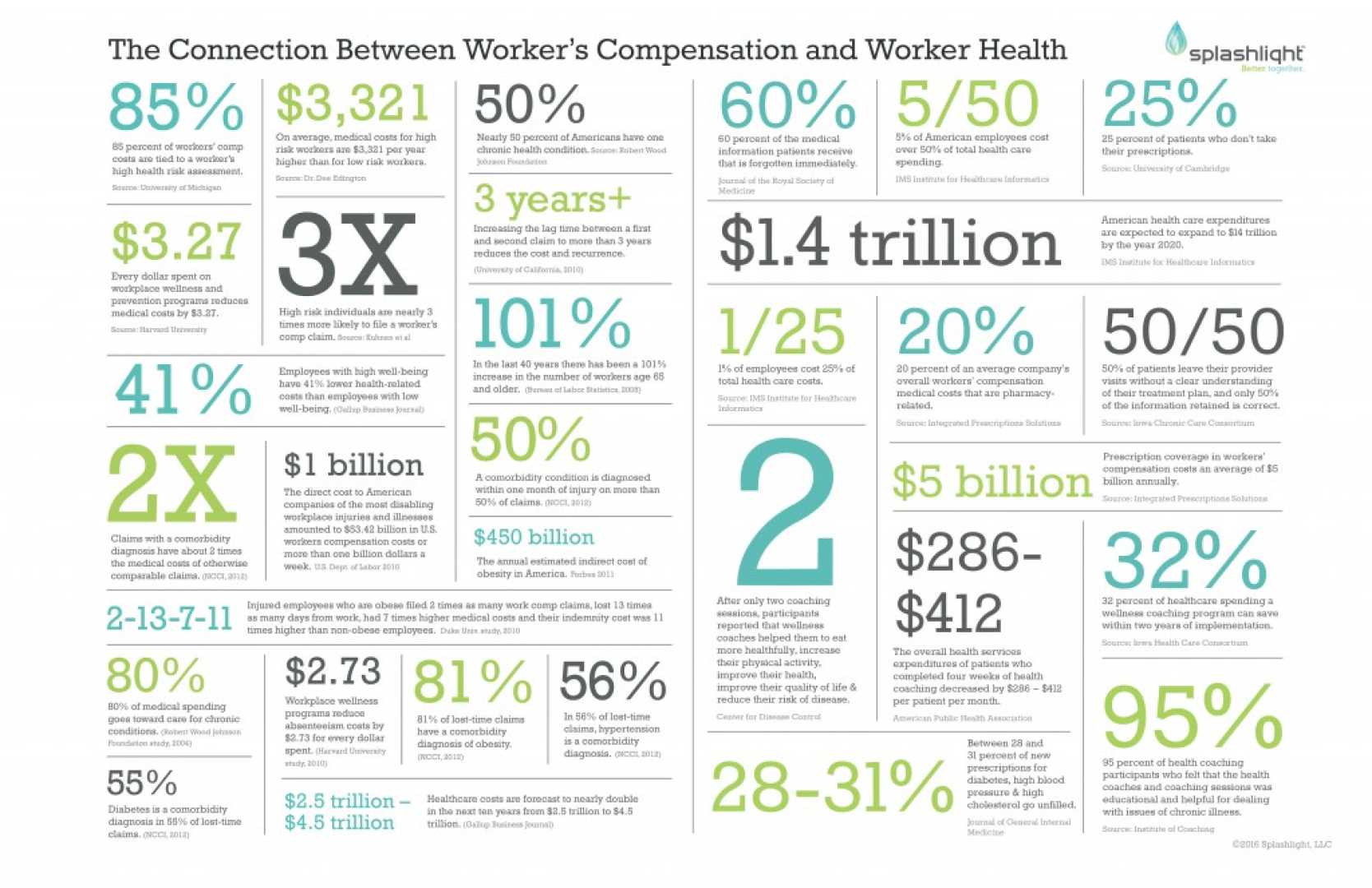Entertainment
Moneyball: The Film That Changed Baseball Forever

OAKLAND, Calif. — The 2011 film “Moneyball” delves into one of professional baseball’s most revolutionary seasons, chronicling how the Oakland Athletics defied budgetary constraints to compete with wealthier teams. Directed by Bennett Miller and based on Michael Lewis‘s bestselling book, the movie portrays General Manager Billy Beane’s innovative strategy during the 2002 MLB season.
Set against the backdrop of the Athletics’ disappointing end to the 2001 season, the film opens with Oakland’s loss to the New York Yankees in the American League Division Series. This event sets the stage for a critical offseason where key players like Johnny Damon, Jason Giambi, and Jason Isringhausen depart, leaving Beane with a tight $41 million payroll to assemble a competitive roster.
With Major League Baseball’s larger franchises wielding financial power, Beane faces the daunting challenge of building a winning team on a meager budget. As he drives into work post-defeat, a sports talk radio host highlights the plight of the A’s: they have become a “farm system” for richer teams. This revelation spurs Beane into action.
In a twist of fate, Beane meets Yale graduate Peter Brand, portrayed by Jonah Hill, who introduces the notion of using advanced statistics to evaluate talent. Peter argues that teams should focus on acquiring players based on their ability to contribute to scoring runs rather than traditional metrics like batting average. This fresh approach ignites controversy and skepticism among the A’s veteran scouting staff, who have long relied on traditional methods.
“It’s about getting on base,” Peter insists, explaining how undervalued players can succeed under the right strategy. Undeterred by resistance, Beane embraces this new philosophy, igniting a dramatic shift in the team’s direction.
As the A’s begin their season, Manager Art Howe, played by Philip Seymour Hoffman, resists implementing Beane’s unconventional lineup decisions. Tension mounts as Beane and Howe frequently clash over player selections, showcasing the age-old struggle between innovation and tradition.
Despite a rocky start, the A’s unexpectedly catch fire, winning games and proving that Beane and Brand’s analytics-based strategy is effective. The excitement builds as fans and analysts alike see the potential in this new paradigm.
What sets “Moneyball” apart from conventional sports films is its focus on the cerebral aspects of baseball rather than the action on the field. Key moments unfold in boardrooms and film rooms, highlighting the strategic maneuvering behind roster decisions.
In a pivotal scene, Beane juggles multiple trade discussions, portraying the high stakes of roster management. The urgency is palpable as team executives must weigh immediate benefits against long-term goals, demonstrating how such decisions can reshape a franchise.
As the 2002 season culminates, the film’s conclusion resonates on a deeper level, prompting reflections on the nature of success and innovation in sports. “Sometimes, you have to buck the trend if you believe it’s the right thing to do,” Beane’s journey suggests.
The legacy of “Moneyball” extends beyond the Athletics, influencing how teams across Major League Baseball utilize analytics to enhance performance. While the film does not provide a spoiler on the Athletics’ ultimate fate in the playoffs, it leaves audiences contemplating the true essence of success in baseball.
Ultimately, “Moneyball” encapsulates the spirit of baseball while celebrating the need for revolution and adaptation in an ever-evolving sport. Director Bennett Miller’s work invites viewers to ponder the complexities of passion, strategy, and ambition within the game.












